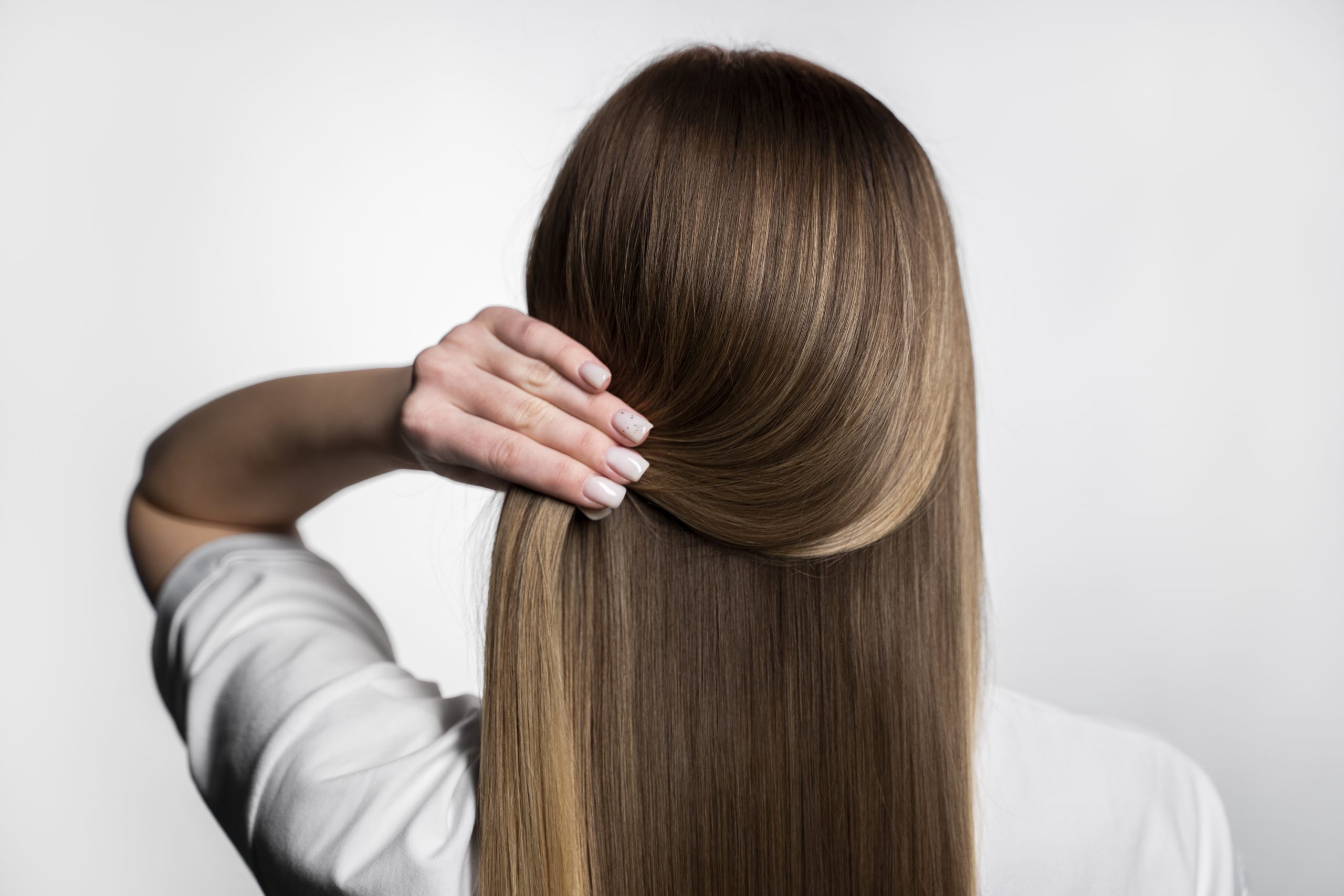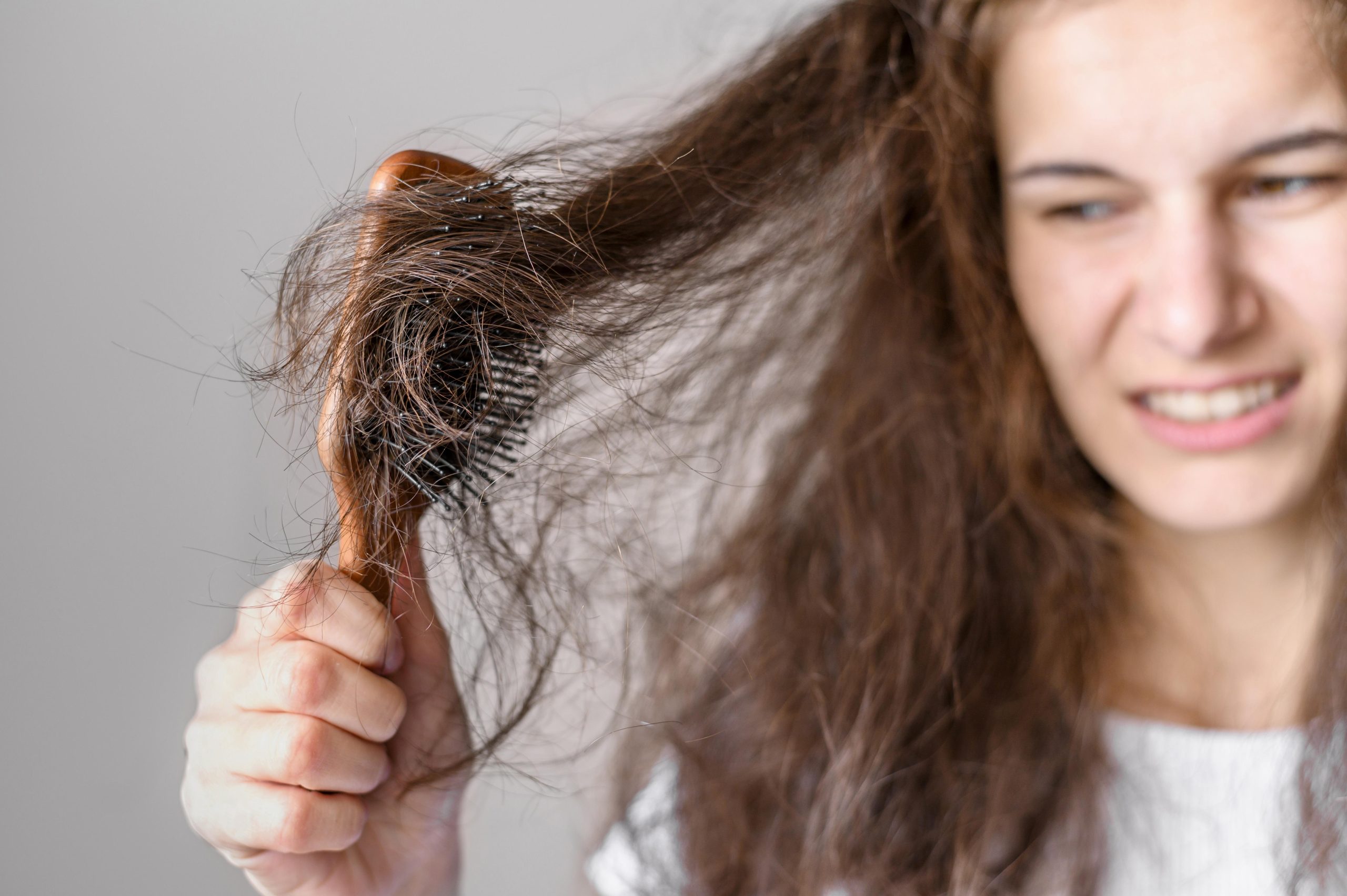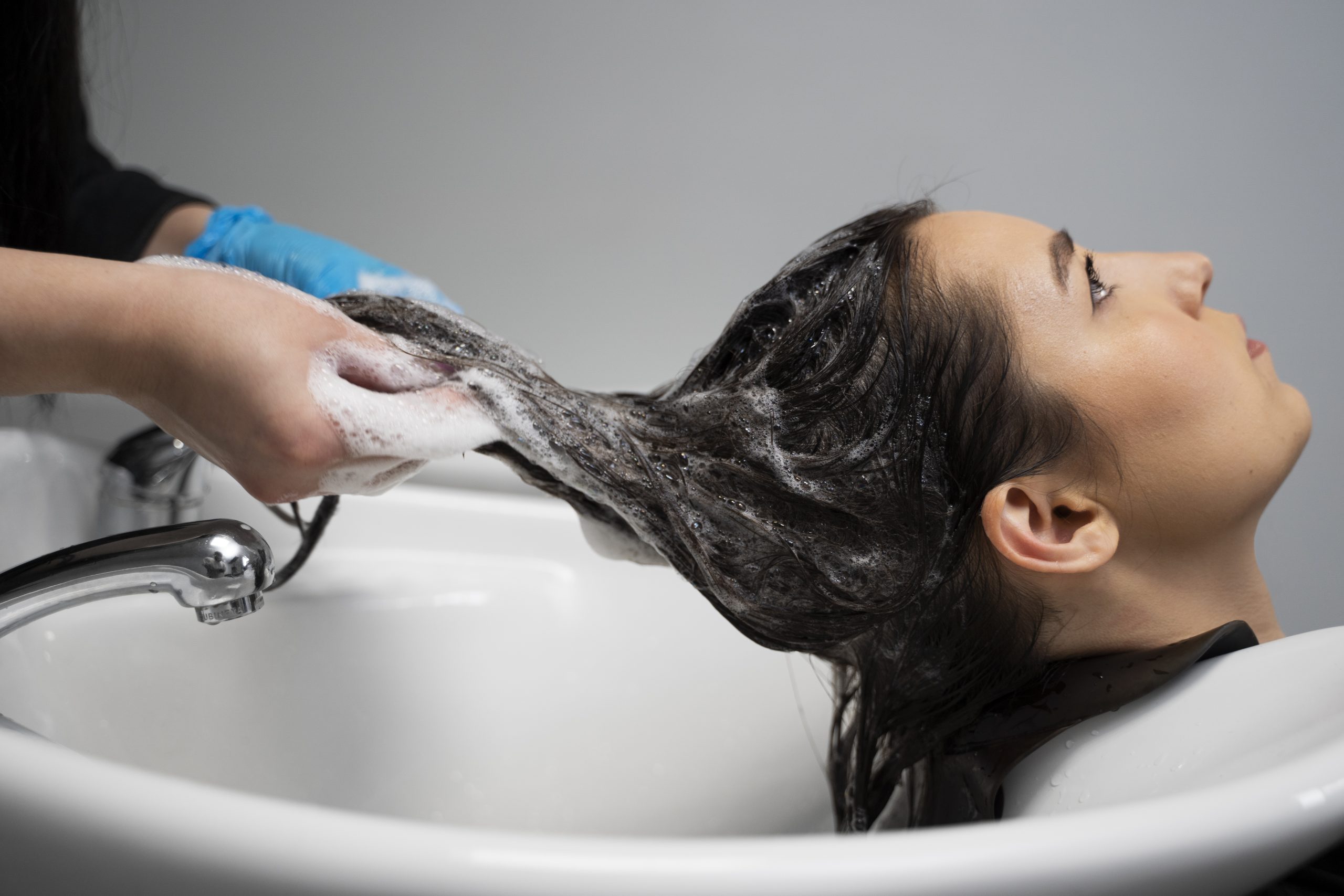Table of Contents
Regain Your Youthful Vibes: Effective White Hair Treatment in Singapore
- 2 November 2023

Understanding White Hair
White hair is often seen as a badge of wisdom and experience, but it can be an unwelcome sight when it appears prematurely. To get a grip on effective white hair treatments, it’s crucial to understand why white hair occurs.
White hair, scientifically known as canities, happens when melanin, the pigment responsible for hair color, decreases in the hair follicles. This decrease is a natural part of the aging process. As we age, our bodies produce less melanin, leading to the gradual graying of our hair. However, there are instances when white hair strikes earlier due to other factors.
Some common causes of premature white hair include genetics, stress, poor nutrition, and smoking. So, if you’ve been wondering why your hair is turning white earlier than expected, it’s worth considering these factors.
White Hair Treatment Options
The good news is that there are white hair treatment options available in Singapore to help you regain your natural hair color. Let’s delve into these options:
- Hair Coloring: The most common way to mask white hair is through hair coloring. You can opt for temporary dyes, which wash out after a few shampoos, or permanent dyes for a longer-lasting solution. However, it’s essential to choose a color that suits you and apply it carefully to avoid unnatural looks.
- Natural Remedies: Some people prefer natural remedies like henna or herbal treatments. These can be less harsh on the hair and scalp compared to chemical dyes. However, the results may vary, and it might not fully cover white hair.
- Hair Supplements: Certain hair supplements are designed to promote hair pigmentation and combat premature graying. They can be effective, especially if a deficiency in specific nutrients is causing the issue.
- Medical Treatments: In cases of severe premature graying, it’s advisable to consult a medical professional or dermatologist. They may recommend treatments such as topical corticosteroids or medications to stimulate melanin production.
Remember, the effectiveness of these treatments can vary from person to person, and individual results may differ. Moreover, it’s crucial to be aware of potential side effects or considerations associated with each treatment.
Tips for Preventing White Hair
While treatment options are available, preventing premature white hair is often a more desirable approach. Here are some practical tips to help you maintain your natural hair color:
- Stress Management: Chronic stress is known to accelerate the graying process. Practice stress-reduction techniques like meditation, yoga, or regular exercise.
- Balanced Diet: A well-balanced diet rich in vitamins, minerals, and antioxidants can support hair health. Include foods like fish, nuts, fruits, and vegetables in your diet.
- Avoid Smoking: Smoking is linked to premature graying. Quitting this habit can not only improve your hair color but also have numerous health benefits.
- Proper Hair Care: Avoid excessive heat styling and harsh chemical treatments. Use gentle, sulfate-free shampoos and conditioners to maintain hair health.
Lifestyle Changes and Diet for Maintaining Natural Hair Color
Maintaining your natural hair color goes beyond just avoiding white hair. It involves a holistic approach to hair care, starting with lifestyle changes and dietary choices.
Incorporate the following habits into your life:
- Adequate Hydration: Dehydration can weaken hair strands and make them prone to graying. Ensure you drink enough water daily to keep your hair hydrated and healthy.
- Vitamins and Minerals: Certain vitamins and minerals, such as vitamin B12, iron, and zinc, play a crucial role in maintaining hair color. Consider dietary supplements if you have deficiencies.
- Omega-3 Fatty Acids: Foods rich in omega-3 fatty acids like salmon and flaxseeds promote hair health and may help prevent premature graying.
- Antioxidants: Antioxidant-rich foods like blueberries, spinach, and kale can combat oxidative stress, a factor in premature graying.
- Avoid Excessive Alcohol: Excessive alcohol consumption can contribute to hair loss and early graying. Limit your alcohol intake to protect your hair.
The Importance of Professional Consultation
While lifestyle changes and over-the-counter treatments can be effective for some, it’s crucial to recognize that the presence of white hair could be indicative of underlying health issues. While white hair itself is primarily a result of decreased melanin production, it can sometimes be a symptom of an underlying problem. Here are a few health issues that may be detected by the presence of white hair:
- Vitamin Deficiencies: White hair can sometimes be a sign of deficiencies in essential vitamins and minerals, particularly vitamin B12, iron, and zinc. These deficiencies can affect not only the color but also the overall health of your hair.
- Thyroid Disorders: Conditions such as hyperthyroidism or hypothyroidism can lead to premature graying. The thyroid gland plays a critical role in regulating metabolic processes, and imbalances can impact hair color.
- Autoimmune Diseases: Some autoimmune conditions, such as alopecia areata, can result in the loss of pigment in hair, leading to white patches or premature graying.
- Genetic Predisposition: Family history can also play a role. If white hair appears prematurely in your family, it could be a genetic predisposition, and it’s worth discussing with a healthcare professional.
- Stress and Emotional Health: Chronic stress and emotional health can impact your overall well-being, including hair health. Stress can lead to hormonal imbalances that may accelerate the graying process.
- Other Systemic Conditions: White hair can sometimes be an early indicator of systemic conditions or nutritional imbalances, so it’s essential to consider these possibilities with a healthcare provider.
Consulting a medical professional or dermatologist is essential if you have concerns about the presence of white hair, especially if you have sudden, unexplained changes in hair color. They can conduct tests and examinations to rule out or diagnose any underlying health issues, providing you with a comprehensive understanding of your condition and suitable treatment options.
In conclusion, regaining your youthful vibes by addressing white hair is a practical and achievable goal. Understanding the causes and available treatments, whether it’s hair coloring, natural remedies, supplements, or medical interventions, is the first step.
Additionally, implementing lifestyle changes and maintaining a hair-friendly diet can go a long way in preserving your natural hair color and preventing further graying.
Related Articles

Daily Hair Treatment: Pros, Cons, and Best Practices
When it comes to hair, we all desire luscious locks that exude health and vitality. After all, our hair often serves as a reflection of

Aftercare Guides For Anti-Frizz Hair Treatment
Frizzy hair can be a daily struggle, but anti-frizz hair treatments promise a smooth, manageable mane. If you’ve recently undergone such a treatment, congratulations! You’ve

From Thinning to Thriving: How Shiseido Sublimic Restores Confidence in Women
Hair thinning is a common concern that affects countless individuals, often accompanied by emotional distress and a loss of self-confidence. However, in the journey from
